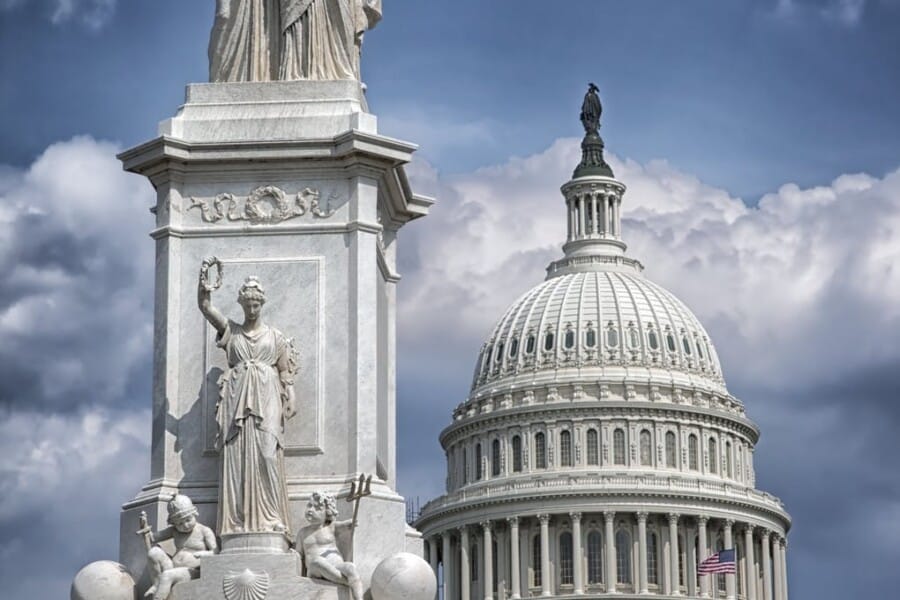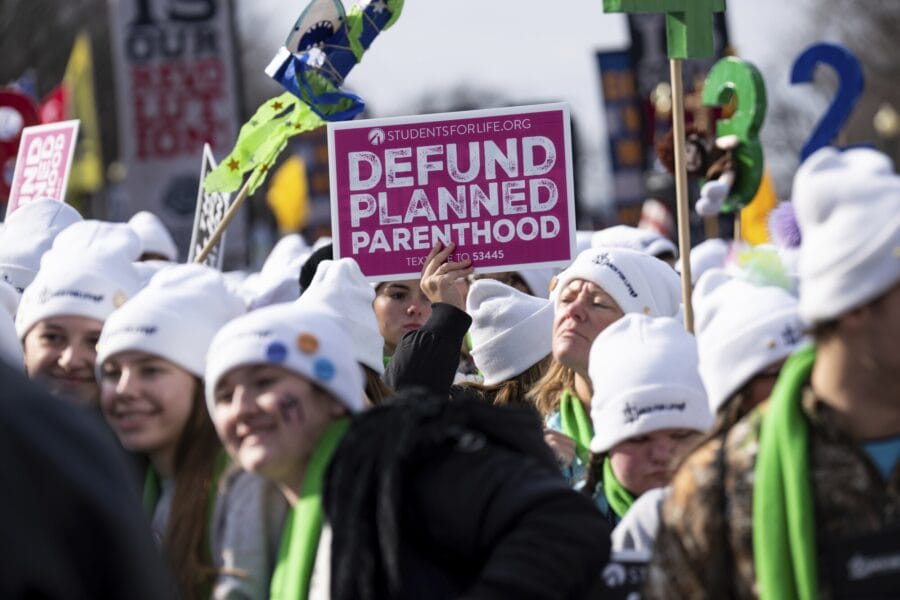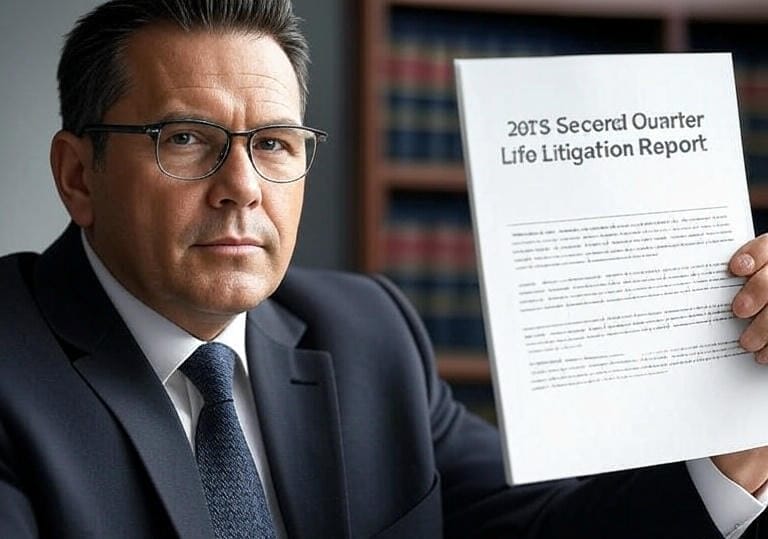Americans United for Life (AUL) is pleased to share our 2024 Third Quarter Life Litigation Report. The report tracks major bioethics cases across the country in federal and state courts. The goal of the report is to provide a useful resource in addition to AUL’s expertise on pro-life legal and policy issues. Here are some highlights of the report.
Supreme Court Considers Whether to Review Abortion Cases
The Supreme Court denied the petition for a writ of certiorari in Becerra v. Texas, which asked the Court whether the Emergency Medical Treatment and Active Labor Act (EMTALA) contains an abortion mandate. This outcome is a win for the pro-life movement since it leaves a permanent injunction in place against the abortion mandate. Last spring, the Supreme Court had dismissed Moyle v. United States as improvidently granted, a case which raised the same statutory interpretation question.
Sidewalk counselors continue to ask the Supreme Court to review its 2000 decision in Hill v. Colorado. In Hill, the Court upheld a law that prohibited sidewalk counselors from approaching or counseling within an 8-foot floating “bubble zone” around a woman if she is within 100-feet of an abortion clinic, even though they are on public sidewalks. Two cases, Turco v. City of Englewood, New Jersey and Coalition Life v. City of Carbondale, Illinois, are at the certiorari stage before the Supreme Court. Other sidewalk counselors are litigating their challenges to Hill in lower federal courts.
Oklahoma filed a petition for a writ of certiorari in the Supreme Court in Oklahoma v. Health and Human Services. The case involves the U.S. Department of Health and Human Services’ decision to suspend Oklahoma’s Title X funding because the pro-life state objected to providing abortion referrals. Oklahoma has raised issues involving the Spending Clause and Weldon Amendment.
Chemical Abortion Litigation Continues
After the disappointing outcome in Food and Drug Administration v. Alliance for Hippocratic Medicine last term in the Supreme Court, the case has returned to the district court. Three intervenor states—Idaho, Missouri, and Kansas—have filed a motion for leave to file an amended complaint.
The Fourth Circuit is considering two cases that allege the Food and Drug Adminstration’s regulation of mifepristone preempts states’ pro-life laws insofar as they interfere with mifepristone access. In Bryant v. Moore, the Fourth Circuit is reviewing a permanent injunction against North Carolina’s law. The Fourth Circuit also is considering an appeal of a district court’s decision to dismiss a manufacturer’s complaint against West Virginia’s law in GenBioPro, Inc. v. Raynes.
Federal Courts Consider Pregnant Workers Fairness Act Regulations
Multiple lawsuits are challenging the Equal Employment Opportunity Commission’s final rule for the Pregnant Workers Fairness Act, which includes an abortion-accommodation mandate. In State of Tennessee v. Equal Employment Opportunity Commission, a coalition of states have appealed a district court’s order that the states lack standing to pursue their challenge. The Eighth Circuit heard oral argument in the Tennessee case last month. A district court issued a preliminary injunction against the regulations in State of Louisiana v. Equal Employment Opportunity Commission, a consolidated case involving Louisiana, Mississippi, and the United States Conference of Catholic Bishops. Motions for a preliminary injunction are pending in two additional cases: Catholic Benefits Associations v. Burrows and Brandon & Clark, Inc. v. Equal Employment Opportunity Commission.
State Court Litigation
Lawsuits continue over whether state constitutions protect abortion. The Utah Supreme Court upheld a preliminary injunction against the state’s conditional law in Planned Parenthood Association of Utah v. State of Utah. A Georgia trial court crafted a state constitutional right to a pre-viability abortion and declared the state’s heartbeat protection was unconstitutional in SisterSong Women of Color Reproductive Justice Collective. In Access Independent Health Services, Inc. v. Wrigley, a North Dakota district court denied the State’s motion for summary judgment, finding “a fundamental right to choose abortion before viability exists under the enumerated and unenumerated interests protected by the North Dakota Constitution.” Conversely, an Indiana trial court denied abortionists’ motion for a permanent injunction in Members of the Medical Licensing Board of Indiana v. Planned Parenthood Great Northwest, Hawai’i, Alaska, Indiana, Kentucky, Inc.
End-of-Life Cases
In United Spinal Association v. State of California, disability rights advocates are challenging California’s assisted suicide law for unlawfully engaging in disability discrimination. After the district court granted the State’s motion to dismiss, the disability rights advocates appealed the decision to the Ninth Circuit. The appeal is currently in briefing.
A district court granted New Jersey’s motion to dismiss assisted suicide activists’ challenge to the state’s residency requirements in Govatos v. Murphy. The assisted suicide activists subsequently appealed the case to the Third Circuit. In the past couple of years, Oregon and Vermont settled lawsuits against their assisted suicide residency requirements, and their state legislatures later repealed their residency requirement provisions. These cases have raised concerns about suicide tourism.
Please reach out if you have any questions regarding the report or to notify us of bioethics litigation to add to our case list.




